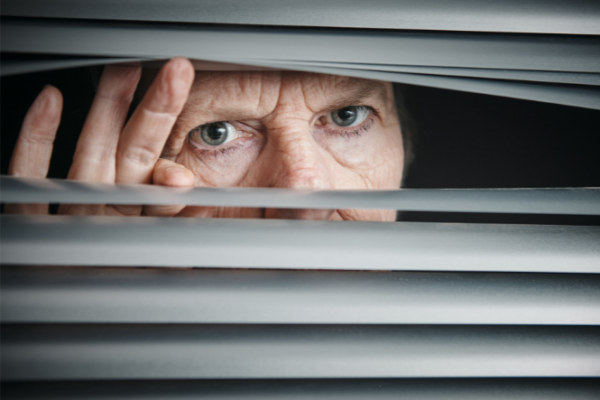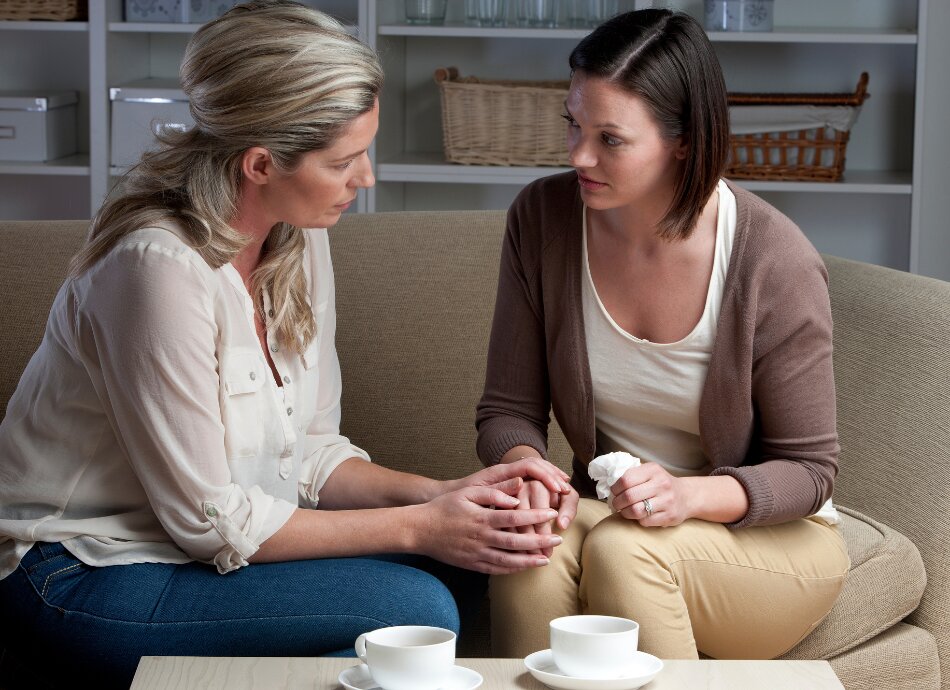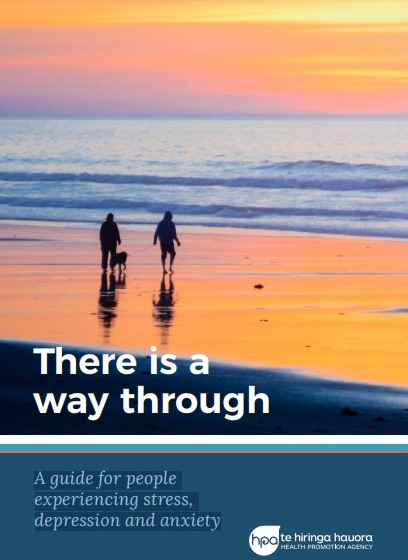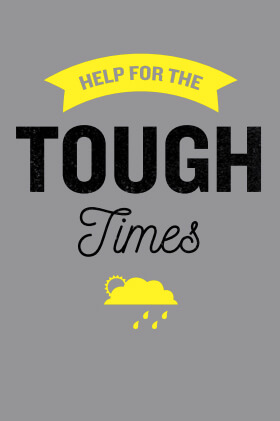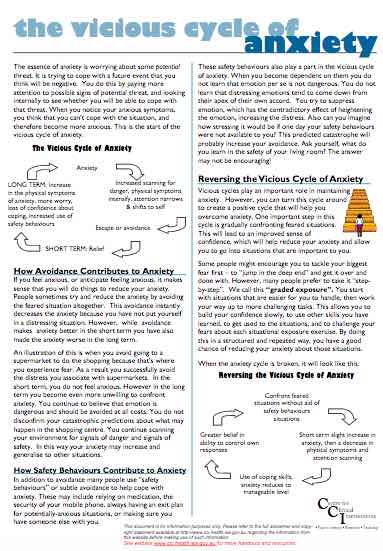Instead of anxiety controlling you and what you do, you can take charge. Things you can do to manage or overcome anxiety include:
- understand anxiety
- accept that some anxiety is normal and necessary, while also recognising when it becomes unhelpful
- take small steps towards doing the things you worry about coping with, instead of avoiding them
- learn mindfulness
- take good care of your self each day
- deal with issues that need addressing
- get personal and professional support.
Understand anxiety
Learning about anxiety can help you manage it. Anxiety is a normal human emotion when faced with threat. However, for some people, lots of everyday things begin to feel like a threat and anxiety begins to limit your day-to-day life. Two tendencies often play a role in this:
- you overestimate how likely it is that something bad will happen to you
- you underestimate your ability to cope.
This means you worry a lot about what might happen and how you will cope if it does. Often you know logically that the thing you are worrying about is unlikely to happen, but knowing this and reasoning or trying to reassure yourself with facts doesn’t make you feel any better. You feel really anxious in spite of the facts, and sometimes the more you delve into it, research and seek reassurance, the worse you actually feel. This worry sometimes replaces other emotions that you might find hard to experience, such as sadness, grief or anger too.
When you struggle with anxiety, even a very small chance of something going wrong can feel intolerable, particularly if it’s something really important to you. Therefore it’s common to experience an 'allergic-like' reaction to any degree of uncertainty, where the automatic response is to want to get rid of the unknown until you can have absolute certainty, even though that is often not possible in reality.
The worrying can lead to thinking a lot about the same things and making lots of plans for how to control them. Often these events are based in the future, and as they have not happened yet, there are a lot of unknowns and things outside of your control. Naturally, you may start to avoid situations that you are worried about. Or you may try to block out the worry by using alcohol, drugs, overeating or zoning out in front of a screen.
But the more you try to control anxiety and make sure nothing unexpected happens, the more it grows. If you avoid situations, it just gets harder the next time you need to face them. And if you try to block anxiety out or numb it down, that also makes it grow more. You get caught in a cycle of increasing anxiety.
The good news is that there is way out of this cycle. Instead of trying to control things or block out your thoughts and feelings, you can learn how to experience them in a manageable way.
Some useful things to learn about might include:
- what else you might be feeling underneath the anxiety
- how to notice when you’re engaging in common thinking biases such as catastrophising, and how to think in a realistic and constructive way
- how to differentiate productive problem solving from unhelpful worry
- how to break solvable problems into simple goals and small steps
- how to tolerate uncertainty in the situations where you are worrying and it is not solvable.
There are many books, workbooks, videos, online programmes and anxiety apps to help you understand anxiety and learn practical tips and skills for taking control of your thoughts, feelings and reactions. Most are based on cognitive behaviour therapy (CBT), an evidence-based approach to managing and recovering from anxiety.
Check out the apps and e-learning websites that have been reviewed and recommended by Healthify.
Accept normal anxiety
Everyone experiences anxiety. It is a normal human response to situations that may include some kind of threat, real or perceived. It can help you to prepare well for big events and to take care in situations that objectively are risky. So, it's important to expect and learn to tolerate some anxiety. However, it's also important to recognise when your anxiety has become unhelpful and take action to counter it.
Take small steps
Taking small steps to face what you are worried you won't be able to cope with is called graded exposure. Graded exposure helps you slowly build your confidence in your ability to cope with the things you have been avoiding.
When you face a fear by doing the thing you've been avoiding, your fight or flight response will be triggered. This is when your brain releases certain hormones into your body so you are ready to fight off or run away from a real threat. It also gets triggered when you feel anxious about things that aren't an actual threat.
If you stay long enough in the situation you are worried about, your fight or flight response – and therefore your anxiety – goes down. If you keep doing it a bit more or staying a bit longer each time, your anxiety still rises at the start each time, but not as much as the time before. Also, you usually find that your fear was unfounded, which is an empowering experience.
When you do the thing that worries you again and again, your anxiety goes away faster each time. Eventually, you find that you can do much more than before without being worried about it.
Learn mindfulness
Mindfulness helps you observe anxiety without reacting to it. By just noticing anxiety, you can avoid some of the traps people fall into. It can help you stop fighting anxiety only to find it come back more. It can also help you stop overthink things to try and find solutions to something that is not solvable. One of the key messages with anxiety is that the more we try to control it and achieve certainty, the more our discomfort and sense of uncertainty tends to increase.
Practice good self-care
The choices you make every day of how much you move, what you eat, how much sleep you get, whether you take time to relax and whether you smoke or drink are all important to reducing anxiety.
Deal with specific stresses
If some of what you are worrying about is due to other issues that cause stress, such as financial problems, alcohol or drug addiction, stress at work or other mental health conditions, it's important to also address those directly.
See also:
Get support
Getting help is key to overcoming an anxiety disorder. There are plenty of support groups so you don't feel alone in your struggles. And there are many psychological practitioners who know the proven methods to help you break free from anxiety. You can:
